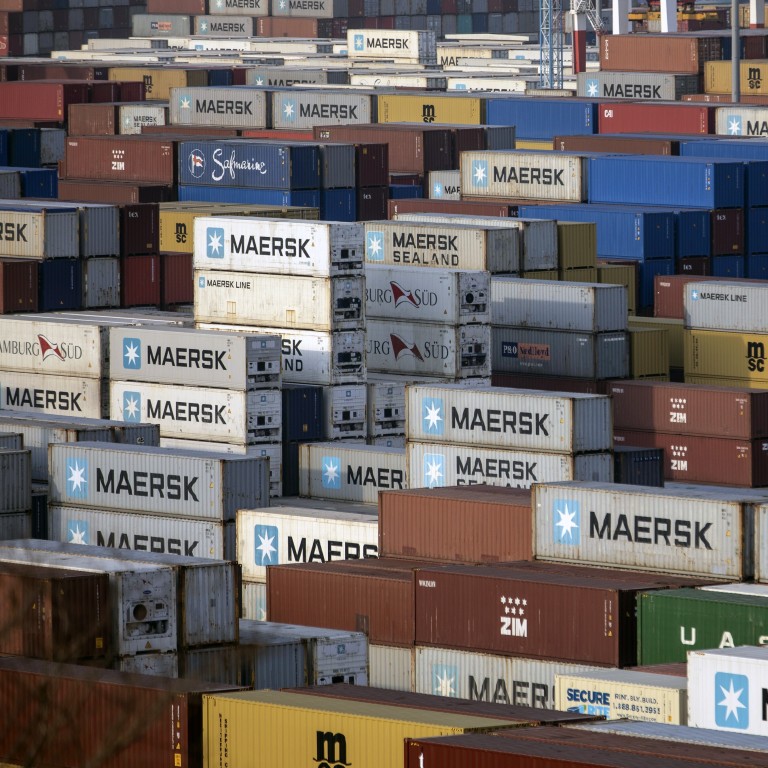
US and China on path to ‘inevitable’ economic decoupling: report
- White House needs to urgently work out the costs of separation, with the process already under way, researchers say
- Disengagement must be targeted and based on facts, and not gratuitous, they say
The world’s biggest two economies are headed towards an inevitable divorce, but the US needs to manage it in a targeted way, according to an American study on economic ties with China.
“In both Washington and Beijing, political trust is at a nadir, and a return to the cooperative engagement policy that dominated the relationship since 1972 is difficult to imagine absent a sea change in both capitals,” it said.
Beijing hits back at Joe Biden’s plans to put ‘China challenge’ on G7 agenda
The report said the rivalry was set to increase and Washington needed to work out the best degree of economic engagement with Beijing.
“Identifying the real consequences and costs of decoupling is urgent because initial steps toward such an act have already been taken,” it said.
“The US is debating ... whether and how to continue down this path. The prospect of US-China decoupling has never been more real.
“But there is a strong rationale to limit decoupling to segments of trade, investment, people flows and technology that meaningfully impair US national security and not to act gratuitously without regard for economic welfare.”
Citing falls in trade, investment flows, tourism and student exchanges, the report said “some degree of decoupling” of the two countries had already occurred, and many US firms were making changes in preparation.
Foreign firms were also asking whether they would benefit from the separation or whether their own home government would follow suit, it said.
“An approach to decoupling that is targeted and fact-based will be more appealing for US allies and therefore has a better chance of success in the long run,” it said.
The report said the two economies were intertwined in many ways, making the costs of a complete decoupling “uncomfortably high”.
Cybersecurity: Biden expected to embrace tough-on-China policy, think tank says
The researchers estimated that a 25 per cent tariff on all trade between the two countries would cost the US economy about US$190 billion each year – on top of one-time losses of up to US$500 billion if US companies halved foreign direct investment in China.
A complete ban on Chinese tourists and students to the US would add up to US$30 billion in annual losses.
“A rational approach would be partial (tolerant of goods and services that have no bearing on national security or economic resilience), provisional (adjustable in response to future Chinese changes), and peaceful (stated without malice, to avoid gratuitous, costly escalation),” it said.
It said that in strengthening state control, stifling private enterprise and pursuing hi-tech self-reliance, China had decoupled itself from liberal market economic norms.
Daniel Rosen, a leading author of the report and head of China research at Rhodium, said US-China engagement was always contingent on shared liberal economic goals, but as Beijing moved back towards greater state planning, “a less permissive stance is necessary”.
“But our self-interest lies in purposeful decoupling, not a gratuitous pulling apart. This study is a step toward resizing our engagement rationally,” he said.

